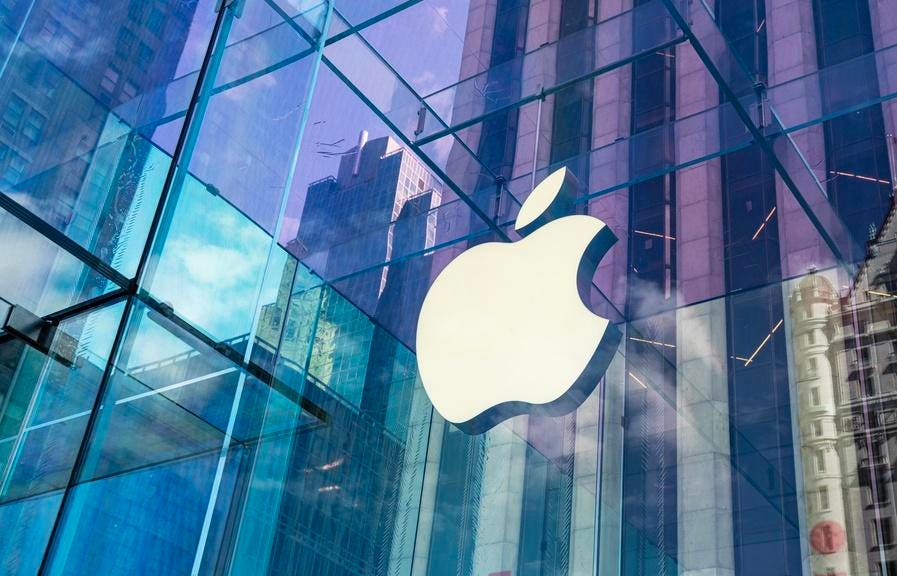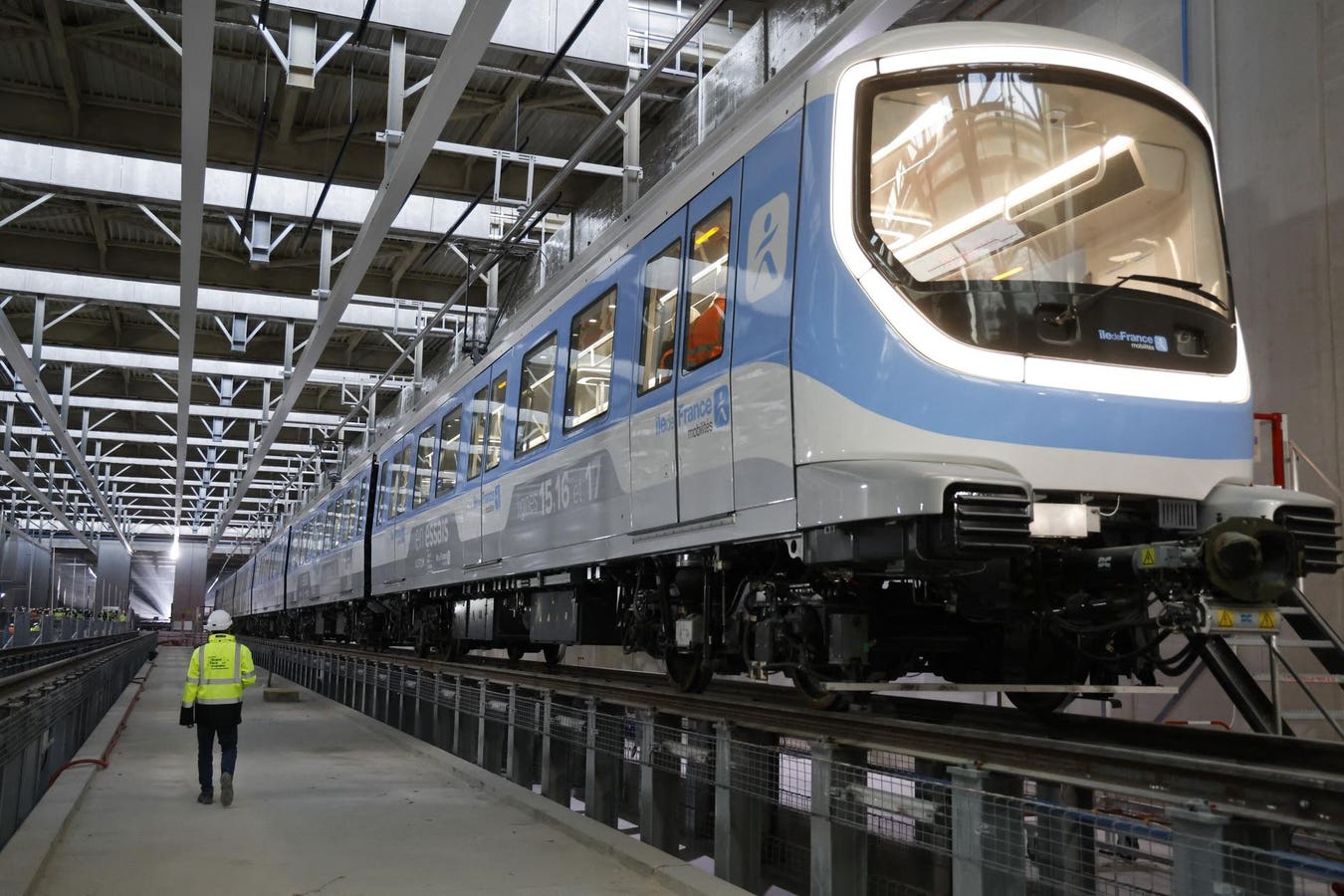Apple PC shipments were up 17% in the last quarter
Global PC shipments grew almost 7% in Q1 this year, and Apple grew the most: 17%. Research firm Counterpoint attributes the boost to Trump’s tariffs, which caused PC manufacturers to accelerate shipments as consumers bought laptops before prices could be impacted.
The outlook going forward, however is potentially bleak. Not only will tariffs impact pricing, but Q1 buyers likely included some potential Q2 buyers, who are now not in the market for a new computer.
“Going forward, competitive dynamics will be shaped by OEMs’ ability to diversify their supply chains and manufacturing bases,” says Counterpoint senior analyst William Li.
While Q1 shipments in 2024 totaled 57.5 million PCs, that grew to 61.4 million in Q1 of 2025. As a result of its outsized growth, Apple’s share of the global PC market grew from 9% to 10%.
Other manufacturers also benefitted from the pre-tariff boost:
- Apple: 17% growth
- Lenovo: 11% growth
- Asus: 9% growth
- HP: 6% growth
- Dell: 4% growth
- Others: 1% growth
Lenovo has the largest share of any global PC manufacturer, at 25%, up from 24% in the year-ago first quarter. HP is second with 21%, while Dell controls 16%.
A core challenge going forward: global PC manufacturing is largely based in China, which is the subject of ongoing tariff threats from the United States. Apple does some PC manufacturing in the United States, but it’s largely the high-end and low-volume Mac Pro, assembled in Austin, Texas. Similarly, HP, Dell and Lenovo all do some degree of assembly or configuration of machines in the U.S.
Apple also has announced plans to open a 250,000-square-foot facility in Houston to produce servers for Apple Intelligence, part of a promised broader $500 billion investment in U.S. operations over the next four years.
The challenge, however, is that even machines assembled in the United States typically incorporate imported high-value components like CPUs, GPUs, and motherboards.
Even if manufacturing of these components shifts to Vietnam, India, or Mexico, those nations are not necessarily going to be exempt from import tariffs.
“High tariffs, or tariff policy uncertainties, will likely discourage consumers or enterprises from buying new devices with additional costs, which in turn will suppress growth and increase in penetration,” says Counterpoint associate director David Naranjo.








